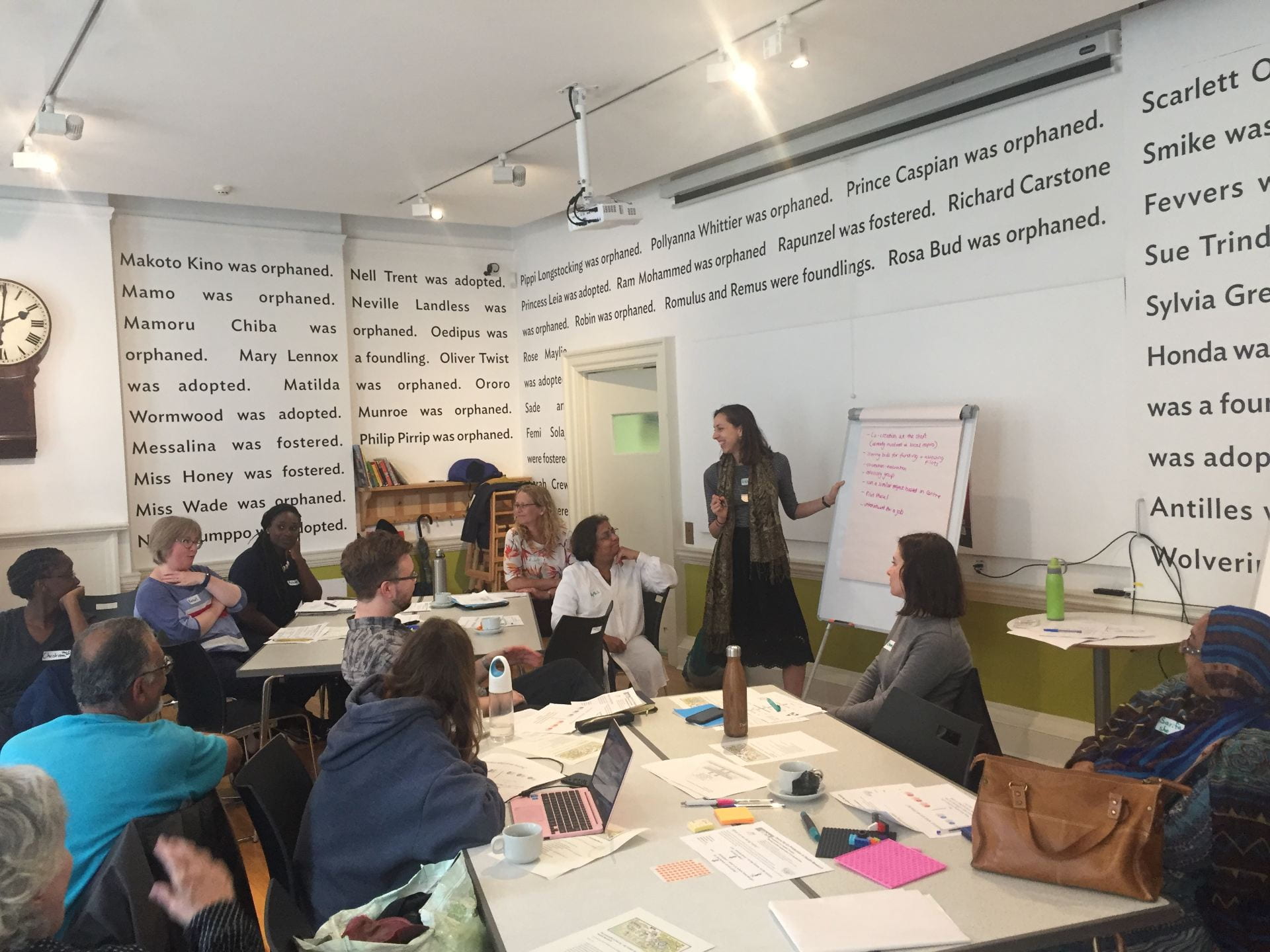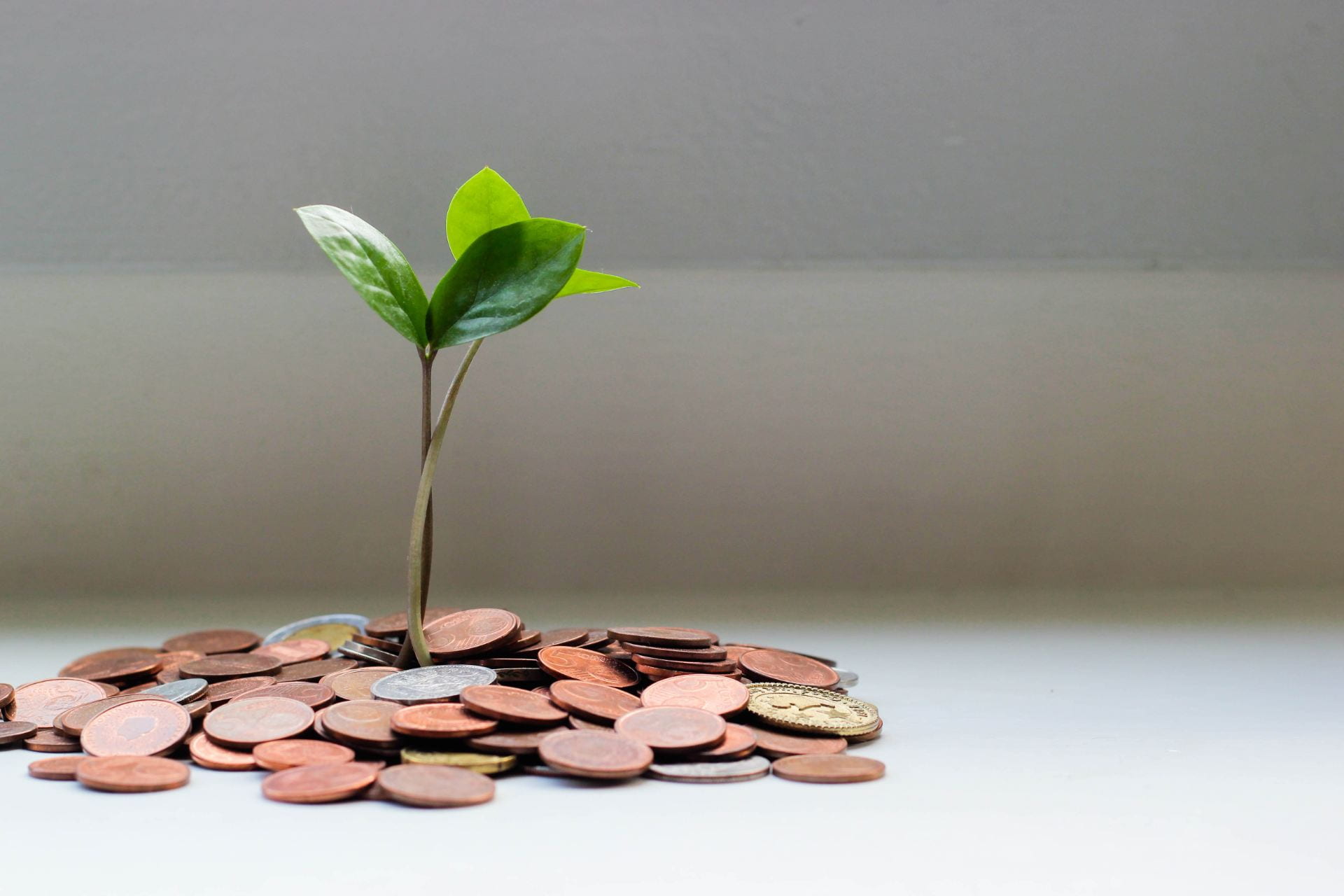Bringing in the big bucks: do we need to play the system to break the system?
By Niccola, on 11 June 2020
This blog comes from Laura Crane – UCL Centre for Co-production Allies Group member, Centre co-producer and someone who plays a key part in the UCL Centre for Research in Autism and Education. Thank you Laura!
I love my job, and one of the things I love the most is being part of the development of the Centre for Co-production in Health Research. I’ve been fortunate to be involved in the Centre since its inception – sitting on the Allies Group (a small group of the Centre’s ‘critical friends’), and also attending lots of co-productions sessions to support the development of the Centre (with a wide and diverse range of people). It’s been wonderful to see how the Centre has developed – a real testament to the team, and everyone who has been involved along the way.
In an earlier blog about the Centre, just over two years ago, I reflected on how the Allies Group seemed slightly at odds with the general ethos of the Centre and the many co-production sessions they were hosting. Specifically, the Allies Group comprised a bunch of really senior UCL academics who, on the surface, seemed to hold all the ‘power’ and could make all the big decisions. The co-production sessions included a range of awesome people with amazing ideas, but I worried whether they would really have their voices heard.
At the first few Allies Group meetings, I sounded like a broken record – sheepishly raising my hand at the end of every meeting and along with others stressing the importance of breaking out from traditional university ways of doing things and diversifying the Allies group. After all, how can we be a beacon of excellence in co-production, shouting about the importance of levelling the power balance, when we don’t practice what we preach? Therefore, I was delighted when new members (external to the ivory towers of academia) were recruited to the Allies Group earlier this year. We were finally levelling the playing field…or were we?
The Centre’s funding from Wellcome Trust is coming to an end in 2021 and as such, we are looking for ways for the Centre to be sustainable so that it can continue to influence and inform research. One of the possibilities is getting in on large programme grants led by senior academics (the bids that bring in hundreds of thousands, if not millions, to UCL) – taking a ‘slice of the pie’ in exchange for helping them meaningfully embed co-production into their projects. Of course, this is not the only way the Centre plans on bringing money in, but the big bucks (the kind of money that could keep the work of the Centre going for many years) seem to be hinging on the success of these bids.
It struck me that we need to hear more from these senior academics, who don’t seem to be in the room at the Centre’s co-production sessions: How do we encourage them that the Centre has an important role in their work? How can we really convince them of the necessity of co-production? And, really importantly, how can we encourage them to engage in initiatives that level the power balance when it will undoubtedly mean that they lose their power?
Yet this raised a question that I could see concerned the Centre team – by capitalising on the power of these senior academics, are we compromising ‘Our principles to live by’ as a Centre? Are we actually reinforcing the power structures that hinder successful co-production, rather than working hard to break them down?
I wondered if we have to play the system to break the system. Aware of the fact that systems won’t change overnight, can we start by capitalising off the senior academics who are bringing in the big bucks? If the Centre can bring in money via this route, can it then be re-directed to community organisations that could – in future – be at the forefront of co-production, helping them build much-needed capacity to be future research leaders?
Or perhaps this isn’t good enough. Maybe the changes that this kind of approach brings about are too slow and keep the power firmly fixed in academia for far too long. Instead, perhaps the Centre needs to take the initiative on bidding for a major grant about co-production and how it can be used to radically shake up the academic system to better redistribute the power in health research – kicking off some real, systemic change.
Is there even a funding route for this to happen?! I don’t know. Maybe this is something the Centre needs to campaign major funding organisations for. Either way, the general consensus from the Centre’s co-production sessions that I attended was that we do need change and we need it fast. I sincerely hope that the Centre is the catalyst for this change…
If you would like to find out more about the Centre and our work please visit our website and or drop us an email on coproduction@ucl.ac.uk
 Close
Close




